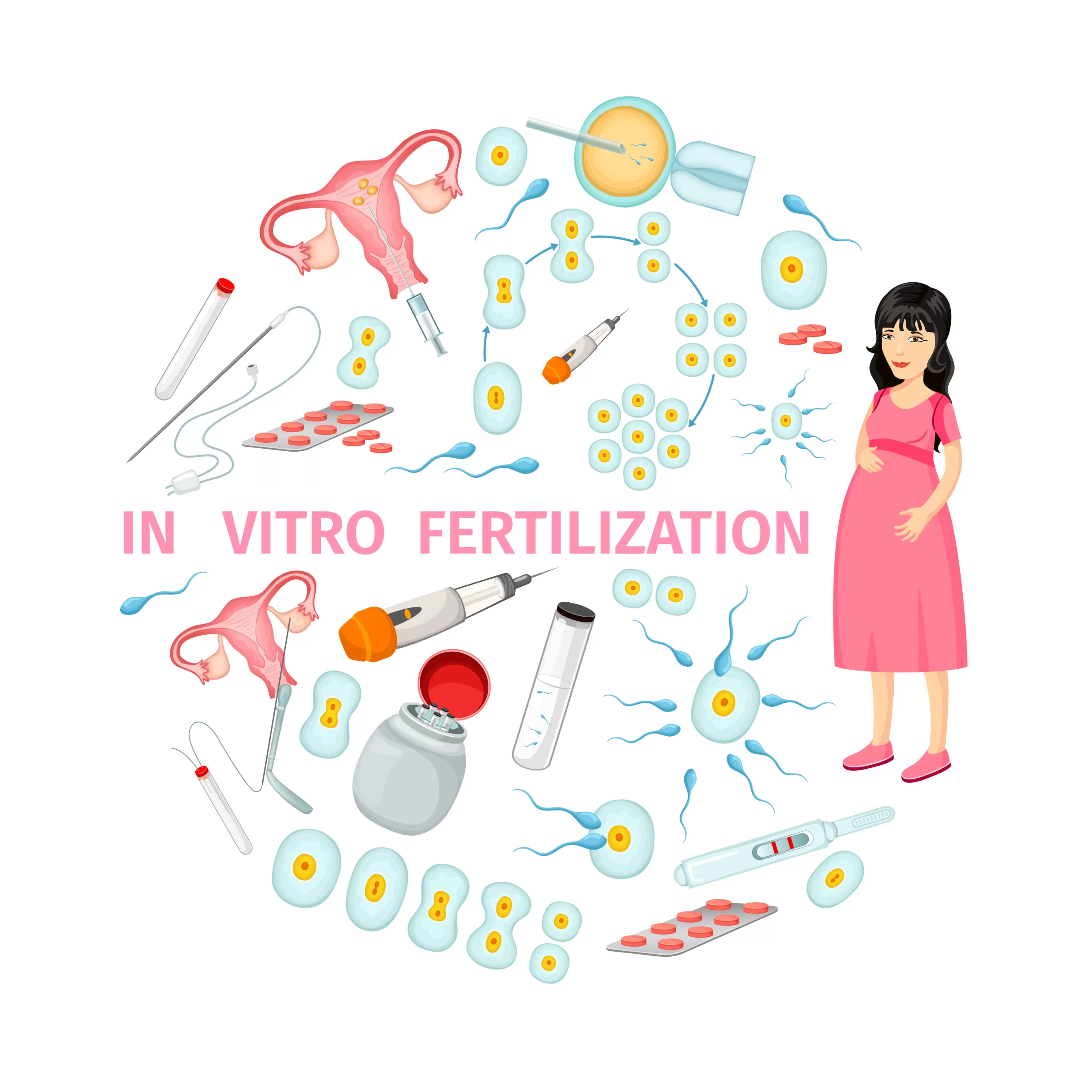In the realm of assisted reproduction, particularly with technologies like In Vitro Fertilization (IVF), ethical considerations play a crucial role in shaping practices, policies, and public discourse. These considerations encompass a wide range of issues, from the beginning stages of conception to the implications for society at large. Understanding these ethical dilemmas is essential for both healthcare providers and prospective parents embarking on their fertility journey.
1. Respect for Embryos and Human Life
One of the most profound ethical concerns in IVF revolves around the status of embryos created during the process. Embryos are often considered the beginnings of human life, raising questions about their moral and legal status. Some key ethical questions include:
- Disposition of Unused Embryos: What should be done with embryos that are not used for implantation? Options include cryopreservation, donation to research, donation to other couples, or discarding them.
- Genetic Testing and Embryo Selection: Is it ethically permissible to conduct genetic testing on embryos to screen for genetic disorders or to select embryos based on desired traits? How does this impact notions of disability and diversity?
2. Informed Consent and Autonomy
Informed consent is a cornerstone of ethical medical practice, ensuring that individuals understand the risks, benefits, and alternatives of fertility treatments before proceeding. Ethical considerations include:
- Patient Autonomy: How can healthcare providers ensure that patients make fully informed decisions about their treatment options, including understanding the success rates, potential risks, and emotional implications of IVF?
- Commercialization and Financial Pressures: IVF can be financially burdensome, leading to concerns about whether financial considerations influence decisions regarding treatment options and embryo disposition.
3. Social Justice and Access to Care
Access to IVF and other fertility treatments raises ethical questions related to social justice and equity:
- Cost and Accessibility: Should access to IVF be restricted based on socioeconomic status or should there be policies in place to ensure equitable access for all individuals who desire these services?
- Egg and Sperm Donation: What ethical considerations arise from the practice of using donated gametes, including questions of anonymity, compensation, and the rights of donor-conceived individuals to know their genetic origins?
4. The Role of Technology and Future Directions
Advancements in reproductive technologies continually raise new ethical dilemmas:
- Emerging Technologies: How should society navigate ethical challenges posed by emerging technologies such as mitochondrial replacement therapy or artificial gametes?
- Regulation and Oversight: What role should governmental bodies, professional organizations, and healthcare providers play in establishing guidelines and regulations to ensure ethical practices in IVF and related procedures?
When navigating these ethical considerations, selecting the right IVF hospital becomes paramount. Look for a facility that prioritizes ethical practices, values patient autonomy, provides comprehensive counseling on all aspects of IVF treatment, and adheres to stringent guidelines for the handling and disposition of embryos.
For those seeking expert guidance and compassionate care in navigating the ethical complexities of IVF, consider consulting with the best IVF hospital that prioritizes ethical standards and patient-centered care.





